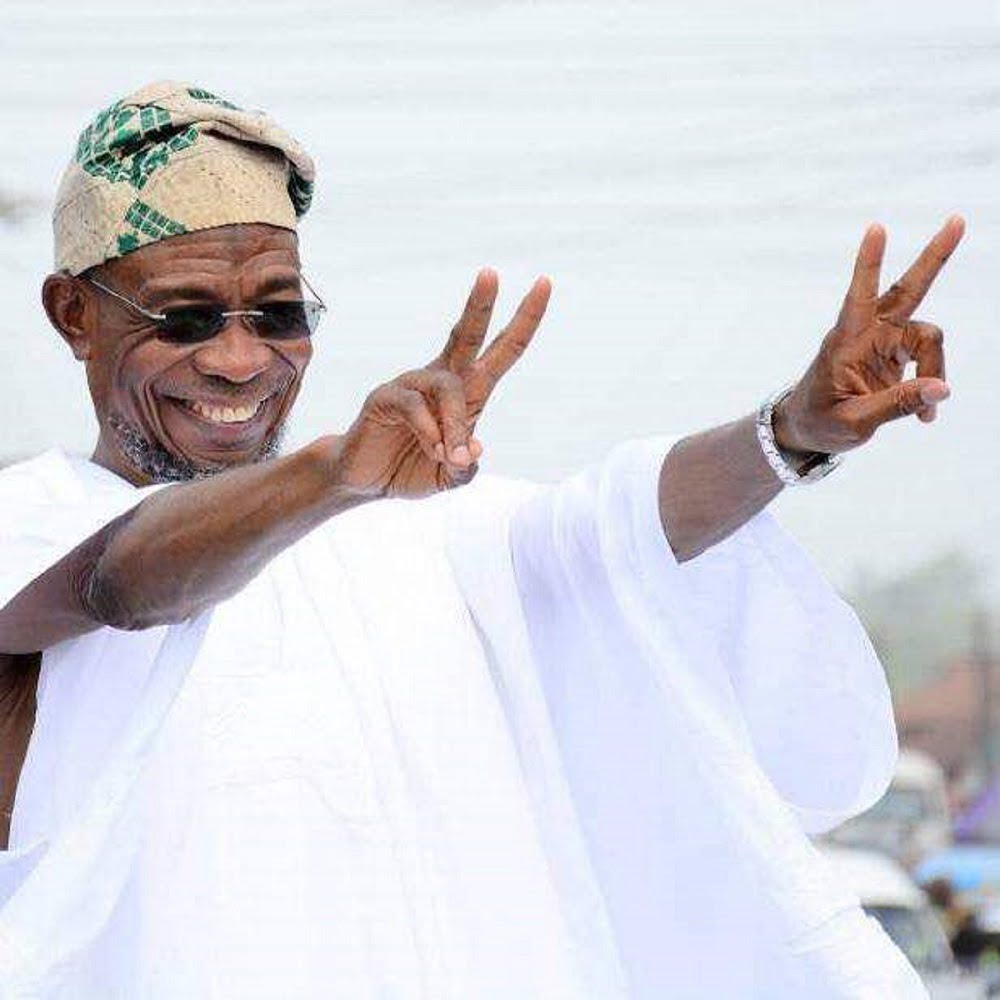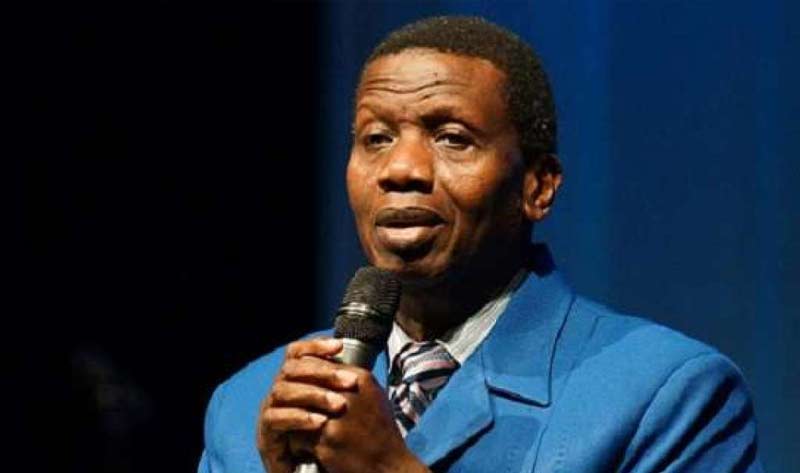Minister of Interior, Rauf Aregbesola, has blamed the poor state of development in the country on the huge population of unemployed people in the land. This is even as the Minister called for a review of the nation’s model of federalism to enable the federating units to unlock their various potentials for the benefit of the country and its people.
The Minister stated this at a one-day dialogue on tracking campaign promises for good governance, organised by the online tabloid, NPO Reports in Abuja.
Aregbesola dismissed the perception in some quarters that once elected, politicians do not care about fulfilling the electioneering promises they made, noting that as a governor of Osun State, he regularly monitored his performance based on set targets.
“Why is Nigeria having challenges? It is simple! We have no revenue. A country of 200 million with less than 10 per cent working and productive and you think there will be development? No! Development is impossible. There is no revenue. Even our per capital income from oil, assuming nothing is even taken out of it, is nothing.
“There is a knowledge gap, and I don’t want to sound self-righteous. There is a lot of confusion but there should be no confusion. Nigeria is not the only federation in the world. Australia is a federation.
“India is a federation; America is a federation as well as Brazil. How are other federations run? There is no third tier of government in a federation. There are only two tiers of government in a federation. We need to educate ourselves on what a federation is.
“How are federations run and why should our own be different? Why are the local governments not working in Nigeria? Why are local governments working in India? Why are they working in Germany and America? They are not working here because they are not self-sustaining. Counties and City councils which are the equivalent of local governments fund themselves.
“They only live on handouts here and that is where the challenge comes from. What is wrong is not what the media is looking at. No recipient of the handout can be responsible.
“Whoever depends on the handout, cannot be responsible. He will be answerable for where the money comes from. If you ask him to run, he will run. There is no dignity in charity. This is where Nigeria is having challenges,” Aregbesola said.
On the importance of tracking project execution based on electioneering campaign promises, the Minister said, “As a governor, I had the Bureau of Social Services which was an overall institutional body which ensured that every programme of the government was measured. Its acronym was BOSS, and its job was to serve as boss. Its job was to ensure that everything we set out to do was evaluated and reported.
“In my office, I had a body called Policy and Economic Team. The body was to ensure that everything the governor set out to do was done. On my own, bi-annually, I engaged consultants to do an open assessment of our administration, to evaluate the perception of government as to how the people expected us to perform,” he added.
On his part, the immediate past governor of Kwara State, Abdulfatai Ahmed enjoined Nigerians to look out for those who have what it takes mentally and intellectually to deliver on their campaign promises.
While not mentioning any names, the former governor added that those with a genuine desire to serve the people must be willing to engage with them to speak on the ‘how’ of their strategies to address the challenges of governance, if elected.
“What is the quality of those who are making the campaign promises? Do we bother to check their capacities to carry out the jobs? Do we check their suitability? Do we check their mental alertness? These are areas that are also relevant in making our choices.
“This is 2023 and we are faced with another great task of choosing new leaders that will shape this country. How well are we involved in looking at those who are going to run? Have we checked if they have the mental alertness to drive those campaign promises encapsulated in the budget?
“Have they been able to engage with us about how they are going to do it? Anybody can say anything. How have they demonstrated knowledge of the issues they are making promises on? If they have not been able to tell us how through one-on-one engagement, then they are not ready,” he stressed.
That said, the ex-Kwara State governor added that campaign promises should be seen in the light of what is captured in the fiscal budget to hold politicians to their promises.
“Campaign promises are made because those who want to drive governance have good intentions to do such things. Usually, people make promises before governments emerge.
“At the point you are elected, reality dawns on you and you now begin to see what is doable and what is not. And that is encapsulated in what we call the budget.
“Budgeting is one key area in measuring what has been done and what has not been done. How much have we been able to tie campaign promises to the budget? If we agree that the man has promised to do A, B and C, have we been able to track those promises encapsulated in the budget?
“Budgeting systems are done through the inputs of members of the State or National Assemblies. How have we been engaging our members of the National Assembly?” he asked.
Chairman of the occasion and former Ekiti State governor while emphasising the significance of tracking promises made by politicians, however, said there have been instances which left elected officeholders unable to fulfil the electioneering pledges made due to no fault of theirs.
“The Ado-Akure Road is a dilapidated road, a very bad road, and we promised that we were going to fix it when we come into the office.
“When the President, Major-General Muhammadu Buhari (retd), also came to campaign, he promised that he was going to fix that road. When we got to the office, we started the process. We went ahead of ourselves and secured some funding from the African Development Bank with the governments of those states to fix the road.
“Then the Federal Government said, ‘you cannot fix our road. Don’t use that money to fix that road. We will fix our road and we are about to award the contract.’ We were stuck. In the end, we had to transfer the funds we got to the Federal Government which is the sovereign lender anyway.
“They are lending on our behalf because the African Development Bank will not lend money to a state. They lend to the Federal Government on behalf of the states that applied.
“So, the Federal Ministry of Works with good intentions decided that they were going to take the money and they did. By that time, the FG had awarded the road and the bank now said, well, ‘if we are going to sign off on this, you need to ensure that your procurement process meets the global standards.
“The Federal Government said we could not fix the road and toll it. In the end, the FG did not take the money. The contractor that was awarded the road had to be taken off the road. So, there may be reasons promises made are not kept. I am not saying this is always the case,” he said, adding that a pandemic such as COVID-19 may also make it impossible for politicians to deliver on promises made.
Important as tracking campaign promises is, Fayemi does not believe promises have anything to do with shaping the way Nigerians vote during elections.
He continued, “Do citizenry based their votes on promises, especially where populism reigns? You may discover that people don’t even remember the promises that have been made by politicians.
“They just decide that ‘this is the way we are going. Ah, I love this politician, he is charismatic, he is a likeable personality, and he is on the roadside eating ‘bolli’ (roasted plantain) with us. That other one speaks a lot of grammar.”
And rather than dwell on the campaign promises of candidates, the former Ekiti state governor said emphasis should be on the manifestoes of the political parties.
“Political parties publish manifestoes and those are the things to track. The four major political parties we are seeing now have released their manifestoes. If any of them gets into office, we have a basis to track them on what is officially released in the manifestoes of the party,” he stated.




2 Comments